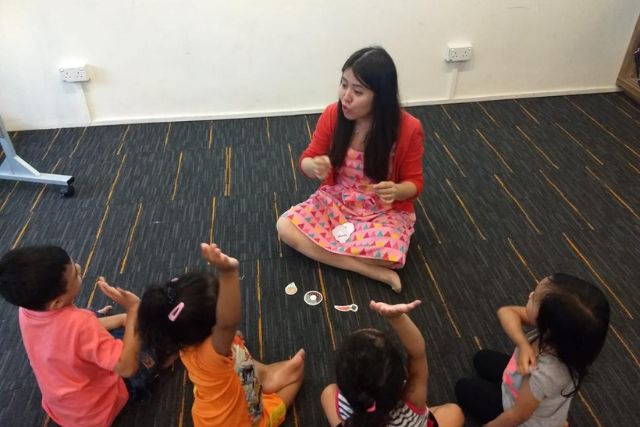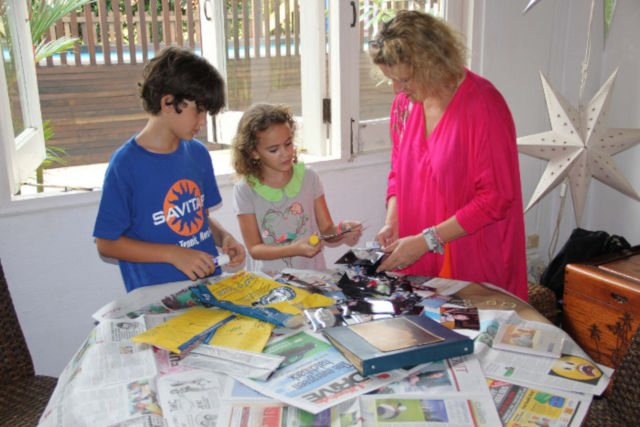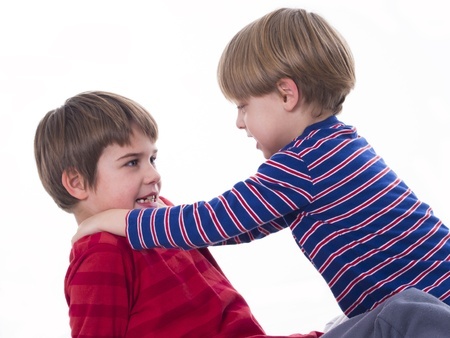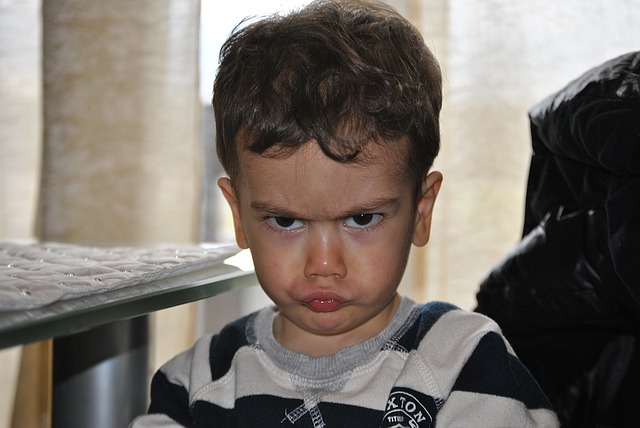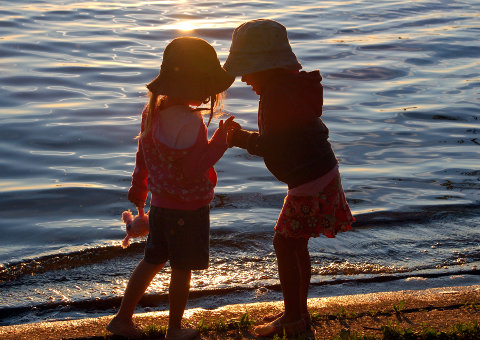Amos Yee is every parent’s nightmare. Accustomed to stories about Unruly Youth and Terrible Teens, most parents expect the pubescent years to be difficult. They pray that the difficulties will be kept within the home and will not exceed legal limits. They believe that one day their children will ‘settle down’ and become normal, well-behaved citizens doing what is expected of them.
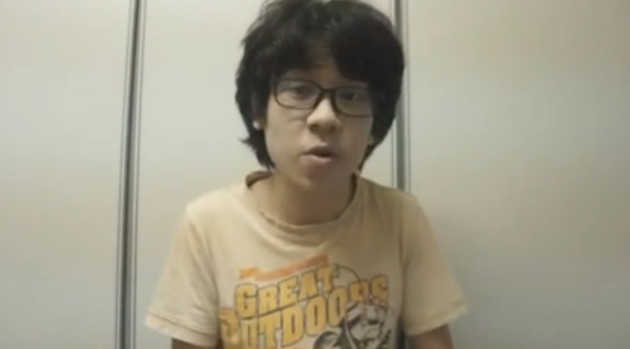 Screen shot from Amos Yee Youtube channel.
Screen shot from Amos Yee Youtube channel.
Mostly, they are right, so time is a great healer. But how should we deal with the child whose behaviour attracts too much attention, who gets outside the law – whatever you think of the particular law they flout – and who seems to be intent on hurting himself and everyone around him? Is psychiatric help best? Is the old-style rough handling successful? Would disowning be right?
My children were teenagers once; all five of them are now well into their 40s and 50s. While a couple of mine had some difficulties in their teen years, fortunately, none had the traumas Amos Yee has had. How would I want to have dealt with them if they had been as notorious as Amos?
Before any decisions are made about a teenager or their behaviour we should enquire what his or her purpose is. What objectives do they have in mind? Most teenagers are bright and intelligent and in today’s tech-connected world, well-read. However, not many teenagers think about their purpose, or what they wish to achieve in life, let alone how they might set about achieving it. Even if asked, many won’t know the answer.
Sometimes teenagers behave in a certain way merely to attract attention to themselves. That is part of their journey of asserting independence and discovering their own identity. Others do it because they want you to acknowledge and love them. We all need attention, especially when we have something important to say. Most of us grow out of having to make our attention-getting behaviour offensive to others.

Many young people are angry. They see the mess the rest of us have made of the world; they do not see the good things that we have achieved. And they cannot begin to imagine the disasters we have avoided. For all their game-playing and free speech, they are not yet very imaginative. Troubled teenagers are often angry about themselves, though not many would admit it. Just understanding why they are angry will help to diffuse the anger.
Here are some ideas for dealing with a troubled teen:
1. Find out what their purpose in life is by asking them questions
“What job would you like to be doing by the time you are twenty-five?” “What do you most want to achieve in your life?”
2. With an angry young person, try to find out – and see that they understand – why they are angry
What do they think are the most effective ways of expressing their anger?
3. Send them on a suitable rescue mission with someone like Tan Chi Chiu
Roughing it out in a disaster area, and seeing others in impossible situations helps teens understand problems greater than their own. This distracts their attention away from themselves and starts them thinking about helping others.
4. If you feel you cannot cope, seek professional help
Parents are not always the best people to help teens. Part of the rebellion is about leaving the nest, something that arouses mixed feelings of doubt and insecurity. A more experienced mentor or coach, even just a different but wise adult, can overcome these concerns. Professional help is especially important if there are signs of physical violence, self-harm or serious depression. These may be exacerbated if the teen is experimenting with drugs, alcohol or sex.
5. Parents have a tough enough time bringing up children
The terrible teens seem almost too much. Take heart, most of the terrors will become just like you in a remarkably short time. Then you’ll wonder what all the fuss was about.
I don’t know Amos but I would like to. You may not care for the way he expresses his opinion – and, like many others, I don’t – but he does have the nerve to say it. Properly harnessed that could be an asset. How he says things at present rather defeats getting other people to share his view. And that’s why I’d like to meet him, to find out if he really knows what his objective is.
Should be quite a meeting, don’t you think?
By John Bittleston.
John is the Founder Mentor of Terrific Mentors International, a group of skilled mentors, trainers and coaches with significant management experience, who share a passion in helping people find purpose and meaning in their lives.
* * * * *
Like what you see here? Get parenting tips and stories straight to your inbox! Join our mailing list here.
Want to be heard 👂 and seen 👀 by over 100,000 parents in Singapore? We can help! Leave your contact here and we’ll be in touch.















